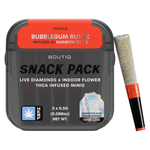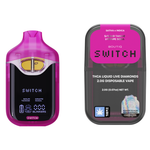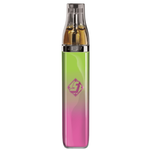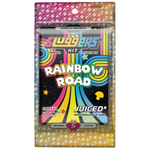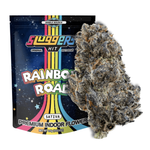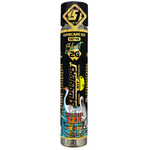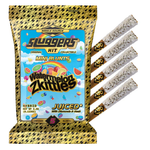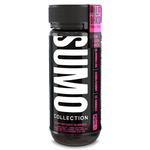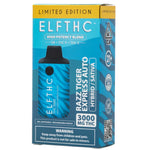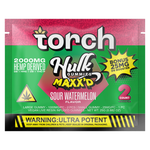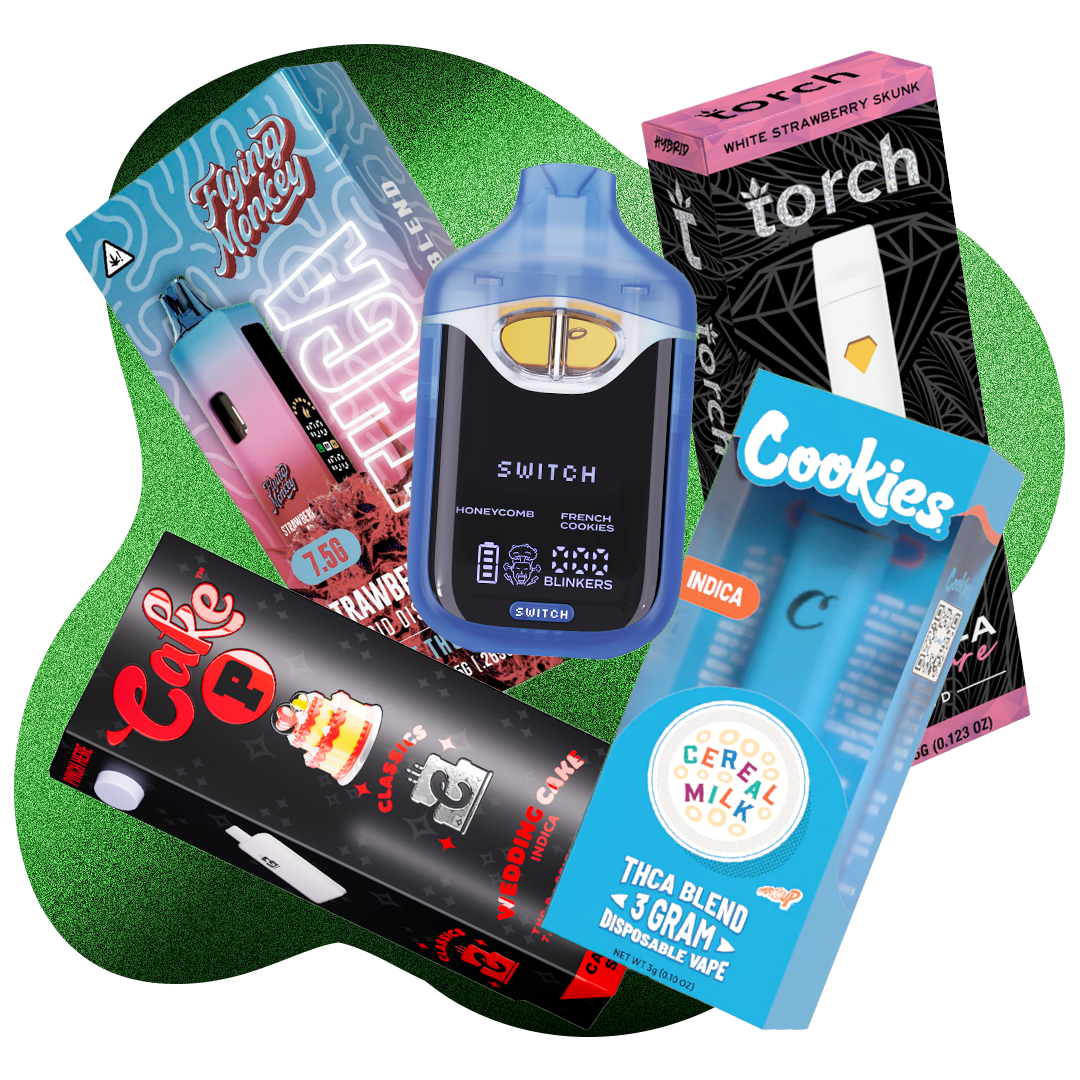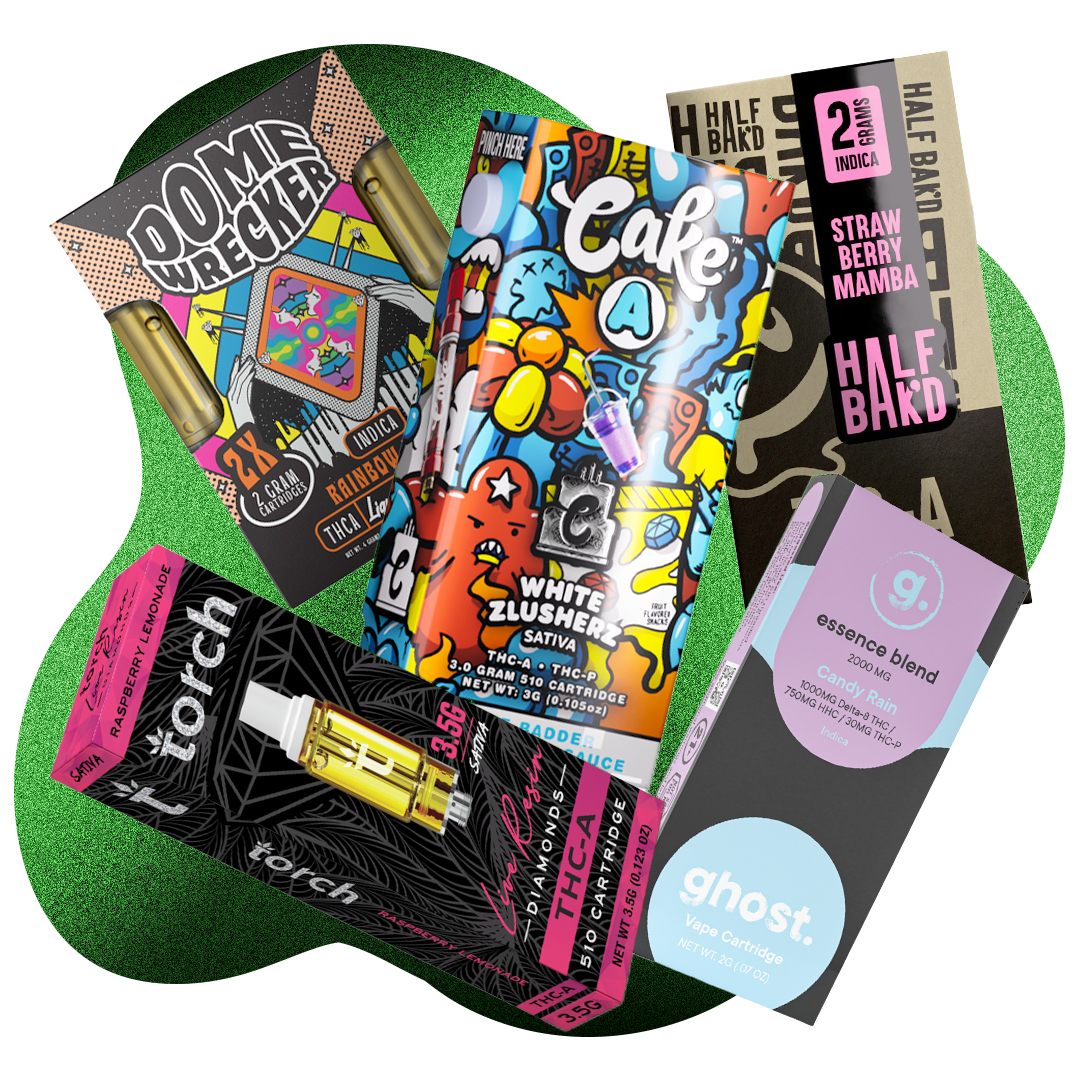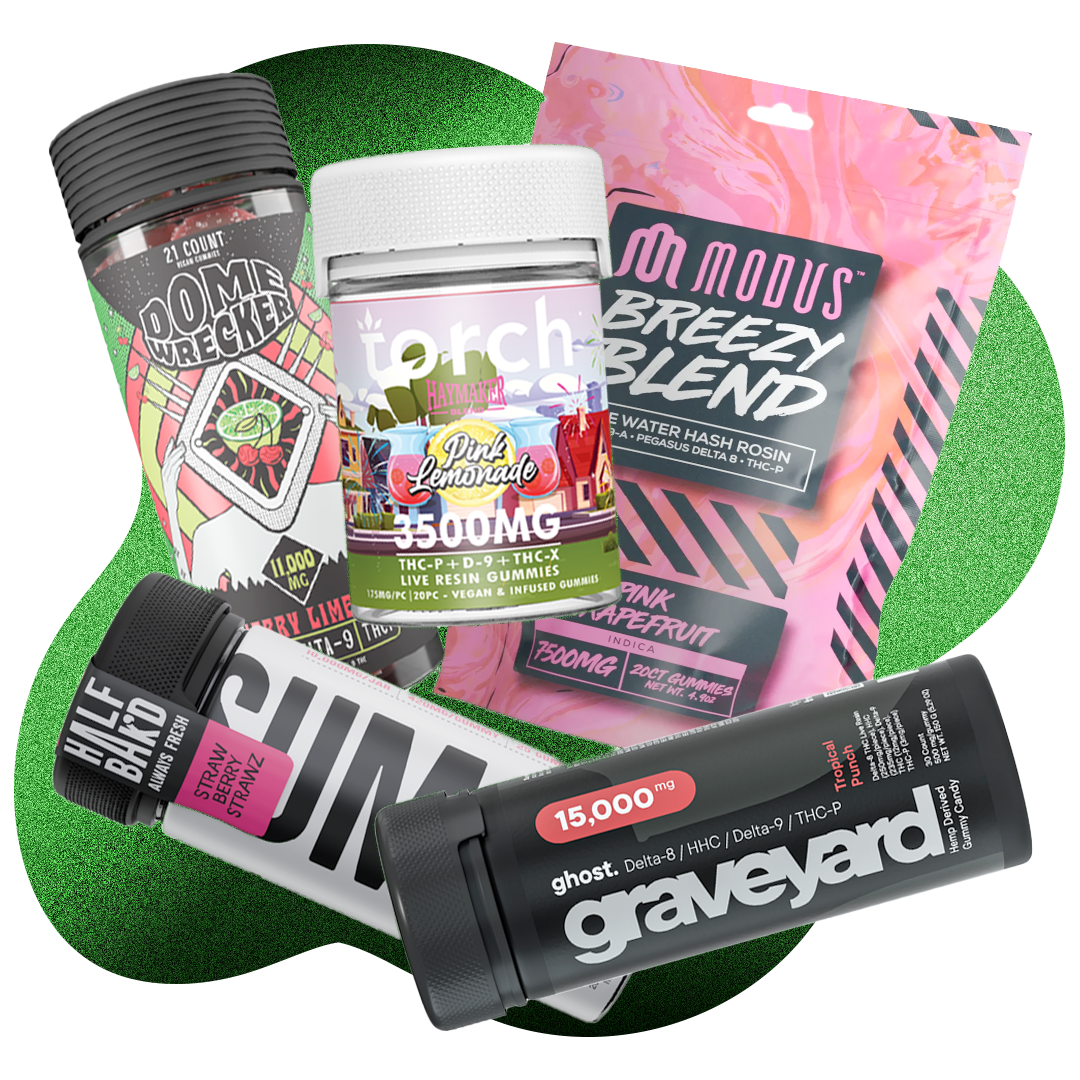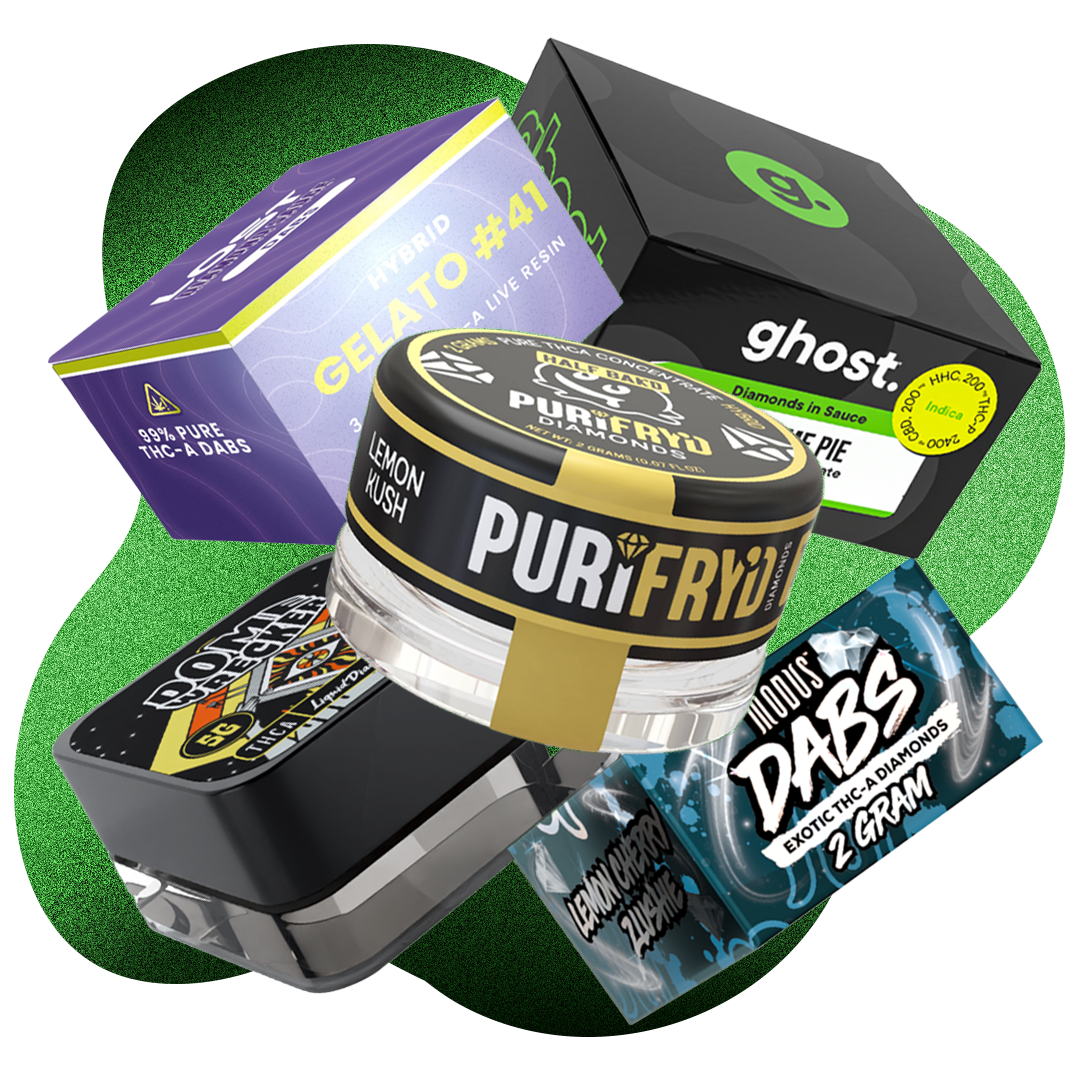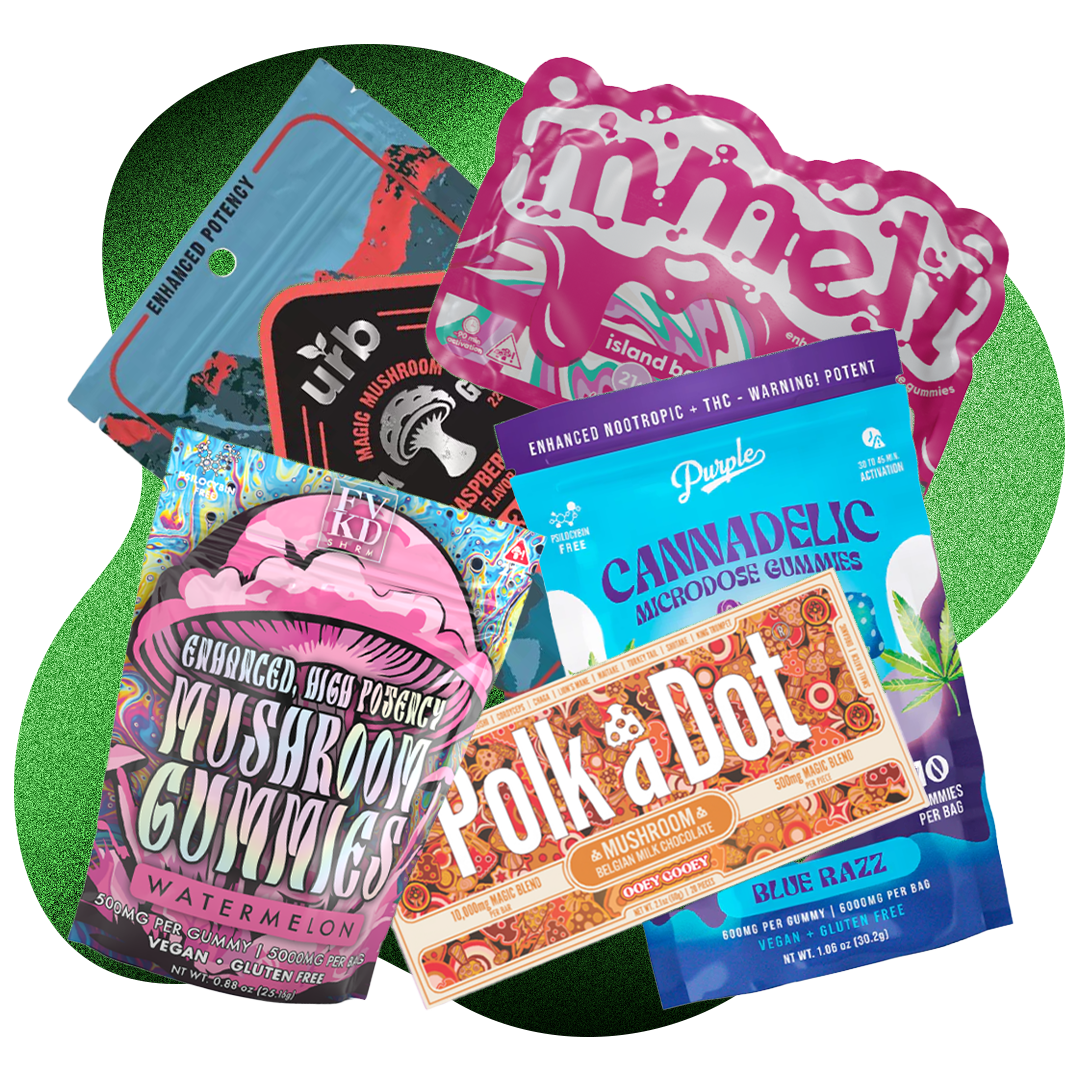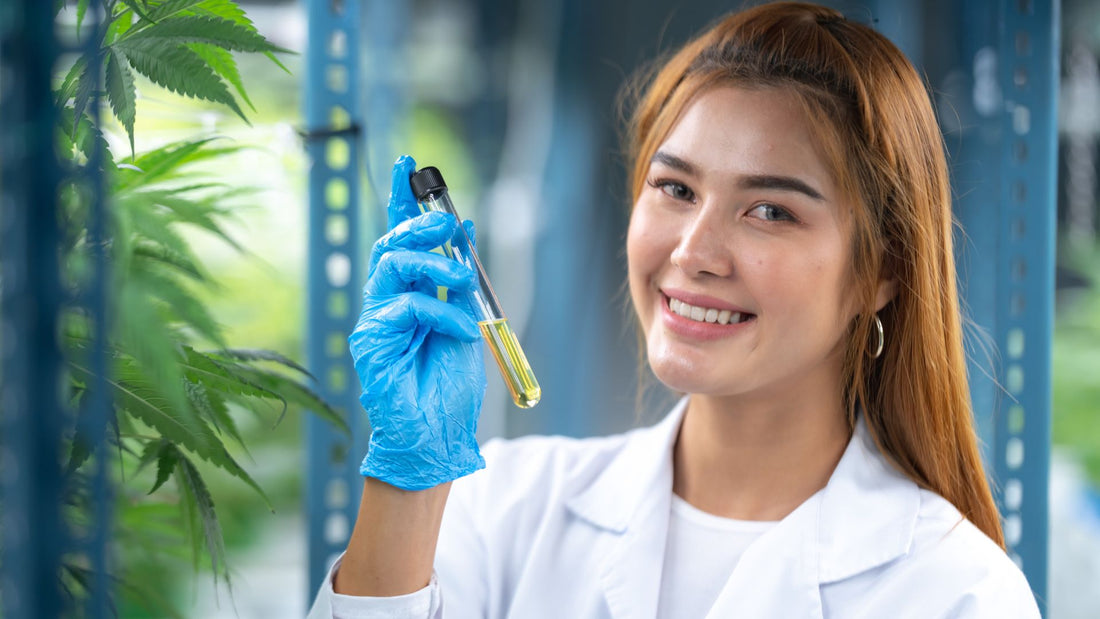When we purchase anything from the market, we see its label to understand the ingredients. The label provides vital information about the product’s ingredients and can help us make informed decisions. Well, the same thing goes with hemp-derived products, the first thing that strikes your mind when you purchase hemp products is ‘Safety’. Safety should always be a top priority, and essential to ensure that what you’re buying is safe and reliable. As the hemp industry is growing, black markets are also popping up. Those brands are taking advantage of gullible customers by selling low-quality products, hoping to derive more sales and profit. Let me ask you a question, if a manufacturer or brand says, purchase our high-quality products, how would you be sure that manufacturer or brand is trustworthy? Well, I guess you already assumed with the blog title what we are talking about “Third-Party Lab Testing”.
What is Third-Party Testing?
Third-party testing refers to the process of having a product tested by a laboratory or testing facility. Manufacturing companies send their products to these testing facilities to check the purity of products. Thanks to the independent nature of laboratories which has no affiliation with the manufacturer or brand. These third-party testing deliver a certificate of analysis also known as COA which assess the safety, purity, quality, and potency of the products.
Read More: Tips For Coping With Intense THC Buzz ExperienceWhat is a Certificate of Analysis?
COA or certificate of analysis refers to a document issued by a third-party laboratory that shows detailed information about the product’s composition and quality. COAs are not only being used in the cannabis industry, it’s also used in the food, pharmaceutical and cosmetic industries. You might be wondering what information a COA report carries. The COA contains the following information:
- Testing Lab Information: The name, contact details, and accreditation information of the lab where the analysis was conducted.
- Product Details: The COA will provide details about the product that is being tested, including batch number or lot number, product name, manufacturing, and expiration date.
- Test Results: COA also provides detailed information about the tests that check the potency level (presence of THC & CBD), purity(presence of impurities & contaminants), and identification(contains claimed ingredients or not).
- Reference Standards and Methods: This section tells that the analysis was conducted using validated and reliable techniques.
- Date of Analysis: COA will have a date that indicates when the analysis was conducted.
Why Third-Party Testing is Important?
Third-Party testing is important for several reasons, one we have mentioned earlier is that the growing profits of the cannabis industry can be mesmerizing to unethical companies that only think quick bucks. Such companies make false claims and hawk inferior-quality products which is a potential risk to consumers. If consumers consume those inferior-quality products can definitely show adverse effects that may risk the cannabis industry’s reputation.
Dissatisfaction with product quality, lack of transparency, and predominant concerns about safety, the information spreads among customers like wildfire. People will start avoiding hemp-derived products and in no time people leave this industry. For instance, if a product contains harmful contaminants and its potency is not tested can offer undesired results. Would you consume in the future if you encountered any of these products? No. Right? That’s why Third-party lab testing comes into the picture and becomes a life savior for consumers, companies, and the cannabis industry.
Read More: Does Delta 8 THC make you Hungry?What types of tests are used in third-party lab testing?
- Terpene Testing: Terpenes are aromatic compounds that contribute to the aroma, flavor, scents, and potential effects of products. Example: Linalool is one of the terpenes found in Lavender plants responsible for its fragrance. You recognize lavender is lavender because of Linalool terpene.
- Cannabinoid Testing: In COA, cannabinoid testing measures the level of cannabinoids present in a product such as THC(Tetrahydrocannabinol), CBD(Cannabidiol), CBG(cannabigerol), and others. Cannabinoid testing tells you the potency of the product which helps you understand its potential effects.
- Pesticides: This test ensures that the product is free from harmful pesticides and potentially toxic substances.
- Heavy Metals: During the flowering process, heavy metals like lead, arsenic, mercury, and cadmium can be absorbed by plants which can pose health risks if consumed. This test ensures the product meets safety standards and regulatory limits.
- Mycotoxins: It detects the presence of toxins produced by certain fungi and molds which can be harmful if consumed in significant amounts.
- Residual Solvents: Solvents like butane, and propane are used on products that undergo extraction processes such as concentrates or oil. This test ensures that the product is free from harmful solvent residues.
Are D8 Gas’ Products Third-Party Lab Tested?
D8 Gas prioritizes quality control and consistency in our products. Our products undergo rigorous testing to ensure they meet safety standards. Our products are third-party lab tested which comply with industry regulations and legal requirements. We carry a wide range of hemp-derived products along with Third-party Lab Testing Reports.


